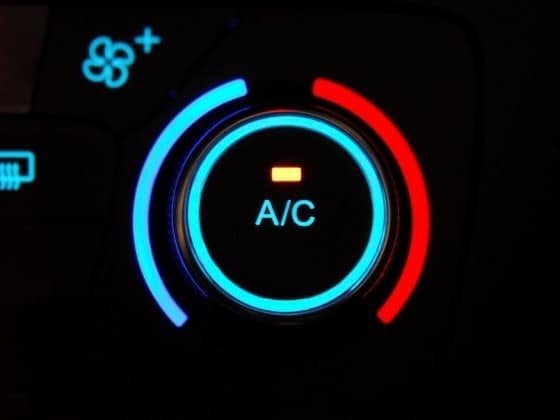Refrigerant supply, pricing and safety
By Richard Hawkins, MACS Contributor
What I’m hearing about refrigerant supply and pricing this year reminds me of a similar period in the mid-2000s. It was springtime, just before the start of A/C season. Supplies of R-134a were tight and the price had come close to tripling from the prior year.
I received a call from an outside salesperson from the company I was working for at the time. He had visited a customer and the customer had told him about some new type of refrigerant that he was considering using. He told me the name of it, and I immediately recognized it as one of the highly flammable blends that was composed of propane and butane.
I explained to him about the dangers of it and that use of it would void the warranty on our A/C parts and probably void the warranty on A/C parts from anyone else he might buy from. He thanked me and said he would be getting back in touch with the customer and hopefully persuade him not to use this refrigerant.
A little later in the day he called me back, sounding a bit frustrated, and said that so far, his efforts in persuading the customer to stay away from this refrigerant had been unsuccessful. He did say the customer was trying to find out more about the refrigerant and would be willing to speak to me and asked if I would mind calling him.
I called him a little later that day and the conversation went like this:

Conversation
Me: Hello, this is Richard with the A/C Training Department. Ben with our Sales Department asked if I could give you a call to discuss a refrigerant you were considering using.
Shop Owner: Yea. Thanks for calling. Man, R-134a has gotten so high I’m going to have to do something different. A 30 lb. tank I was paying less than $100.00 for last year is now going for close to $300.00. There is this new refrigerant a guy is selling that is way cheaper. It is about $100.00. He left me some information on it and I’m thinking about buying some.
Me: I’m familiar with that refrigerant and there are a lot of concerns about the use of it. First is the flammability of it. Did the guy who is selling it tell you it was highly flammable?
Shop Owner: No, I don’t think he mentioned anything about that.
Me: Do you happen to have the information that he left you handy?
Shop Owner: Yes. I have it right here on my desk.
Me: Take a look at it and see if you see anything on the brochure about the refrigerant being flammable.
Shop Owner: OK Let me take a look at it.
Me: OK
Shop Owner: (A minute or so later.) I do see something on the brochure about it being flammable.
Me: That’s right. It is a mixture of propane and butane. Propane is what is used in barbeque grills and butane is what is used in cigarette lighters. Mobile A/C systems are designed to use refrigerants R-12 or R-134a, not hydrocarbon substances which are extremely flammable. If a system with that refrigerant in it happened to have a leak in an evaporator and someone lit a cigarette, it could trigger a fire and severely injure someone. It is dangerous!
Shop Owner: I don’t think that they would be allowed to sell something that would be dangerous.
Me: These flammable refrigerants are not approved for use in mobile A/C systems. But laws don’t ban their sale because there are stationary refrigeration systems that are designed to use them. Unfortunately, the people who sell these refrigerants are taking advantage of the laws and directing this flammable refrigerant to shops such as yours who work on mobile A/C systems.
Shop Owner: The guy that is selling this new refrigerant seemed like a nice guy and didn’t seem like the type that would do anything that would be illegal or put anyone in danger.
Me: He isn’t doing anything illegal, but use of this refrigerant does put people in danger. If you use it, then you are putting people in danger. I highly doubt it, but it is possible that he may not even realize the danger involved in using this refrigerant. But either way, it really doesn’t matter. That’s because it doesn’t change the issues involved in using it. I’d suggest that you obtain an MSDS (Material Safety Data Sheet) and look at the information in it about flammability. See figure #1.

Figure #1: Safety data from a typical MSDS for highly flammable refrigerants.
Shop Owner: I don’t know, but I’ve got to do something, I can’t pay $300.00 for a tank of R-134a.
Me: I know that is a huge increase but you’re in the same boat as everyone else doing A/C work, so it isn’t something that is going to put you at a competitive disadvantage. Can I ask you a question?
This turned into a lengthy conversation and there isn’t enough space in this week’s article to completely cover it.
Check back in next week for the rest of the story.
MACS membership is a valuable asset to your business. JOIN MACS Today!
Leave a Reply